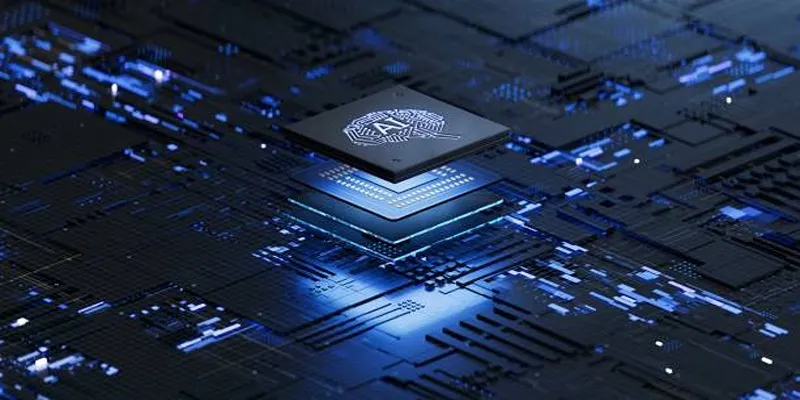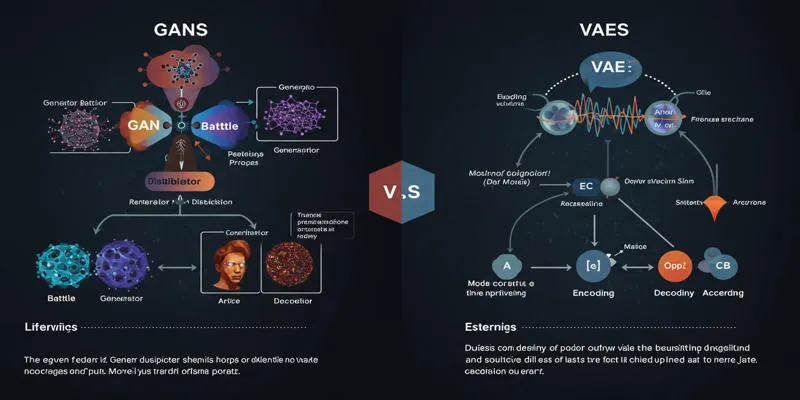Artificial intelligence is rapidly advancing, and Huawei stands at the forefront with its cutting-edge AI processors. These powerful chips are revolutionizing how machines think and operate. With increased speed and enhanced capabilities, Huawei’s AI technology is boosting efficiency across various industries—from healthcare to smart cities—paving the way for a smarter future for all.
Overview of Huawei’s AI Processor

At the heart of Huawei’s AI ecosystem are its AI processors, renowned for their advanced architecture and state-of-the-art engineering. These processors form the backbone of a wide array of Huawei products and solutions.
Huawei focuses on creating processors optimized for heavy workloads, large- scale data processing, and real-time AI applications. The Ascend series, in particular, has gained attention for its blend of high performance and energy efficiency.
To understand their significance, consider two key factors that set Huawei’s AI processors apart:
Custom-Built Power
The Ascend processors are engineered specifically for AI tasks, enabling them to handle data-intensive computations at exceptional speeds. Unlike general- purpose processors, Huawei’s chips utilize dedicated architecture for operations like matrix multiplication, crucial for neural network training.
Energy Efficiency and Scalability
A notable feature of Huawei’s processors is their energy efficiency. For many industries, energy consumption directly impacts operational costs, making this efficiency a significant advantage.
Key Features of Huawei’s AI Processor
Before delving into the AI advantages, let’s explore some standout capabilities that make Huawei’s processors essential in advancing AI offerings.
1. High Computational Power
Huawei’s AI processors are designed to execute up to trillions of operations per second. This high computational power allows for faster training of machine learning algorithms and real-time execution of complex AI models.
2. Heterogeneous Computing
Huawei adopts a hybrid approach by combining CPUs, GPUs, NPUs (Neural Processing Units), and other custom accelerators. This heterogeneous architecture optimizes performance while maintaining efficiency.
3. Broad Compatibility
Huawei ensures its processors integrate seamlessly into both edge and cloud computing models. This versatility allows industries such as healthcare, manufacturing, and telecommunications to effectively leverage their AI capabilities.
4. Built-In Security
Data breaches remain a top concern in IT. Huawei’s processors are designed with robust encryption to safeguard data, adding an extra layer of trust for enterprises deploying AI technologies.
How Huawei’s AI Processors Strengthen Their Offerings
Huawei’s AI processors are integral to developing a larger AI ecosystem. Here’s how they enhance Huawei’s broader AI offerings.
1. Reinforcing Cloud Computing Solutions
Huawei’s FusionCloud and Atlas AI computing platforms utilize their powerful AI processors to provide robust cloud infrastructure. This enables Huawei to offer tailored cloud-based AI services, such as predictive analytics, recommendation systems, and real-time optimization tools, to various industries.
2. Enabling Edge Computing Applications
Huawei’s processors are pivotal in edge computing. By integrating these processors into edge devices like IoT sensors and autonomous systems, Huawei facilitates low-latency AI applications. Imagine a factory where edge devices can detect machinery faults in real-time, enhancing safety and reducing downtime.
3. Empowering Smart Devices
Huawei incorporates their AI processors into smartphones and wearables, enabling features like advanced face recognition, real-time language translation, and on-device AI processing. These processors improve the speed, accuracy, and reliability of everyday smart devices.
4. Driving Innovation in Research
Huawei’s processors are invaluable in R&D; initiatives, allowing data scientists and AI engineers to push the boundaries of machine learning. With their enormous computational power, researchers can train more complex AI models in less time.
Industries Benefiting from Huawei’s AI Processors
Huawei’s AI processors have significant implications across various industries. Here’s a closer look at how they’re transforming these sectors.
Healthcare
- Application : Predictive diagnosis, drug discovery, and patient monitoring.
- Impact : AI-enabled healthcare systems, powered by Huawei processors, reduce the time and cost of diagnosing diseases or testing new drugs.
Transportation
- Application : Autonomous vehicles and real-time route optimization.
- Impact : Huawei’s processors power complex AI algorithms used in autonomous navigation, enhancing safety and efficiency.
Telecommunications
- Application : Network management and 5G deployment.
- Impact : Huawei uses its AI processors to develop smarter network systems capable of self-optimization and rapid scaling, essential for the global rollout of 5G technology.
Retail
- Application : Intelligent inventory management and in-store automation.
- Impact : Retailers leverage Huawei AI tools to forecast demand trends and personalize customer experiences through advanced analytics.
Finance
- Application : Fraud detection and risk management.
- Impact : AI processors from Huawei enable financial institutions to analyze transactions in real-time, improving security while minimizing downtime and errors.
Challenges Huawei Faces in the AI Processor Space

While Huawei has made significant strides in AI processor development, several challenges remain in this rapidly evolving space. These include:
- Limited access to cutting-edge technology : Trade restrictions and bans in certain countries may limit Huawei’s access to the latest technology and materials needed for advanced AI processors.
- Data privacy concerns : With AI processors used for tasks like facial recognition and data analysis, there are concerns about data privacy and security, potentially creating barriers to market acceptance.
- Competition from other Chinese companies : Huawei faces competition from other Chinese tech giants like Baidu, Alibaba, and Tencent, each investing heavily in AI chip development.
Are Huawei’s AI Processors the Future of AI?
Huawei’s advancements in AI technology and processor development have garnered attention from industry experts, who believe these processors could significantly shape the future of artificial intelligence.
One reason for this optimism is Huawei’s commitment to research and development. The company invests heavily in innovative technologies, leading to breakthroughs in AI processor design. This dedication keeps Huawei at the forefront of the industry.
Moreover, Huawei’s growing collaboration with global partners, including Intel and the Cambridge Research Institute, enhances their access to cutting-edge research and expertise, signaling a promising future for their AI processors.
Conclusion
Huawei’s commitment to innovation, research, and global collaboration has firmly established it as a key player in the AI processor market. By continuously pushing technological boundaries and fostering valuable partnerships, Huawei is well-positioned to shape the future of AI development and maintain its leadership in this rapidly evolving industry.
 zfn9
zfn9























